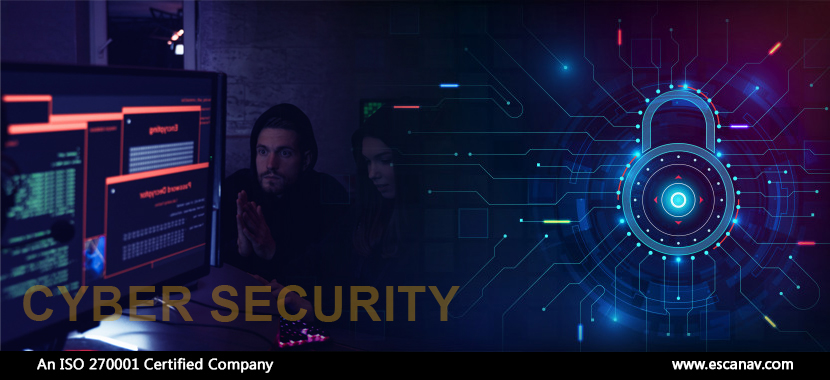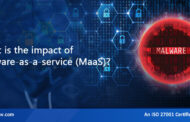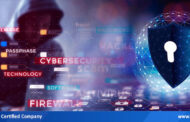With the spread of the pandemic and its effects over the enterprise’ prism of life, the job of a security expert has become even more important, since security solutions are no longer just a tool to counter cyber threats but they act as a catalyst for improving the end-users security experience with regards to corporate resources.
Researchers through various reports have exposed the cloud security readiness gap, further revealing that security considerations are threatened to be left behind by the line-of-business-driven consumption of cloud services. Cybersecurity programs as it finds themselves being challenged by the incessant cycle of cybercrime and a range of misconfigured cloud services.
According to a recent report, 92% of organizations have a cloud security readiness gap and around 3/4th of organizations have experienced data loss from a cloud service more than once. Furthermore, 59% of security personnel have reported privilege cloud credentials getting phished. While ransomware remains to be one of the major reasons for security personnel to be worried about, phishing, AI-driven malware, DDoS, and other kinds of attacks have started to demand the same kind of attention.
The absence of a security-first culture with buy-in from the C-suite has only resulted in data theft/loss, malware proliferation, leading to a reassessment of security by the cloud service provider. A lack of understanding in the foundational elements of the cloud is also noted.
The propagation of technology and the increasing entrepreneurial nature of cybercriminals have made the modern-day threat landscape more sophisticated in nature. Due to these rapid changes in the threat landscape, organizations are fast increasing their efforts thwart potential insider threats, bridge IT security gaps, manage shifting privacy regulations, and prepare for recovery if they fall victim to an incident. After all, no one is immune from a breach.
Another study reveals while Indian companies are investing highly in security solutions, they also have witnessed an average of ₹140 million total cost of data breach in 2020, an increase of 9.4% from 2019. The report also states that organizations with fully deployed security automation were able to detect and contain a breach more than 27% faster than those with none.
A dynamic change has been brought by the Hybrid- work environment in the way organizations look at their security posture. Further, as cloud and remote work have dispersed the traditional IT perimeter, security response teams and CISOs need deeper insights across hybrid cloud environments – including user, identity, and data-level security.
The biggest solution in such a scenario is nothing but awareness.
Employees need to be constantly enlightened on ways to get used to the new normal of remote working so that they are better equipped to handle the various challenges involved. Employees should also be given constant reminders to not click on links or open attachments found in suspicious-looking emails or messages relating to the COVID-19 outbreak.
Employees should be given proper training with regards to accessing the virtual work environment, they need to ensure that they are using a secure connection and avoid using unsecured public Wi-Fi connections for sensitive work. Personal devices should also have onerous security measures and should be equipped with up-to-date security and anti-virus software, together with the necessary privacy and encryption tools.
To read more, please check eScan Blog







